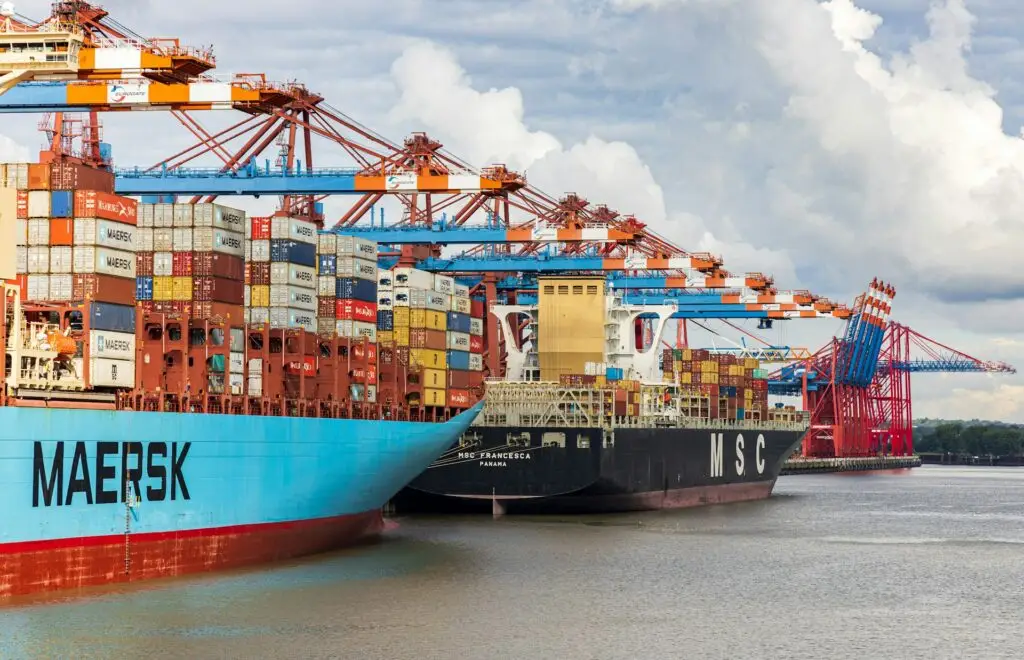“It will be the Rotterdam Rules OR paper documents.” – prof. Michael Sturley made a very clear statement in his presentation at the CMI Standing Committee Carriage of Goods meeting last week in London, stressing the importance of regulatory frameworks for digital trade.
The – unratified – Rotterdam Rules (2009) can be considered an ‘update’ of the currently widely used Hague–Visby Rules (1924), regulating international cargo carriage at sea. Surprisingly, the drafters of the Hague–Visby Rules did not regulate digital alternatives for paper documents.
At this moment, no legal digital Bill of Lading exists (excluding SWB, NVOCC BLs, and other workarounds). Also for other trade documents (e.g. CMR, CIM, phytosanitary certificate), legal issues exist. In my opinion, the discussion boiled down to two plausible scenarios:
Benefits outweigh risk – operations continue in the legal lacuna
When the benefits of paperless trade far outweigh the possible risks of using an unregulated digital solution, businesses will not hesitate to drop the paper legacy processes. Because of the risks associated, the facilitator of this digital trade should be highly trusted.
A commercial solution is rather unlikely to be a winner in this scenario, as weaker economic parties tend to be under-protected in such solutions and hence they rightly hesitate to get involved. No trusted platform has emerged yet (alluding to the Maersk-IBM JV).
The challenge in this scenario will be to build a true, neutral community around this platform and the standards to be used.
Regulations are pushed by commercial pressures
Realizing that businesses will not trust a single-vendor-backed digital solution operating in a legal lacuna, a pressure will be exercised on policymakers by the lobby of powerful tech companies. This will result in a few commercial solutions meeting the objective requirements to do digital trade. National or supranational governments will be responsible for protecting the weaker economic parties in this scenario. Needless to state that international cooperation on technical trade issues seems to be a rather low priority to most administrations currently.





